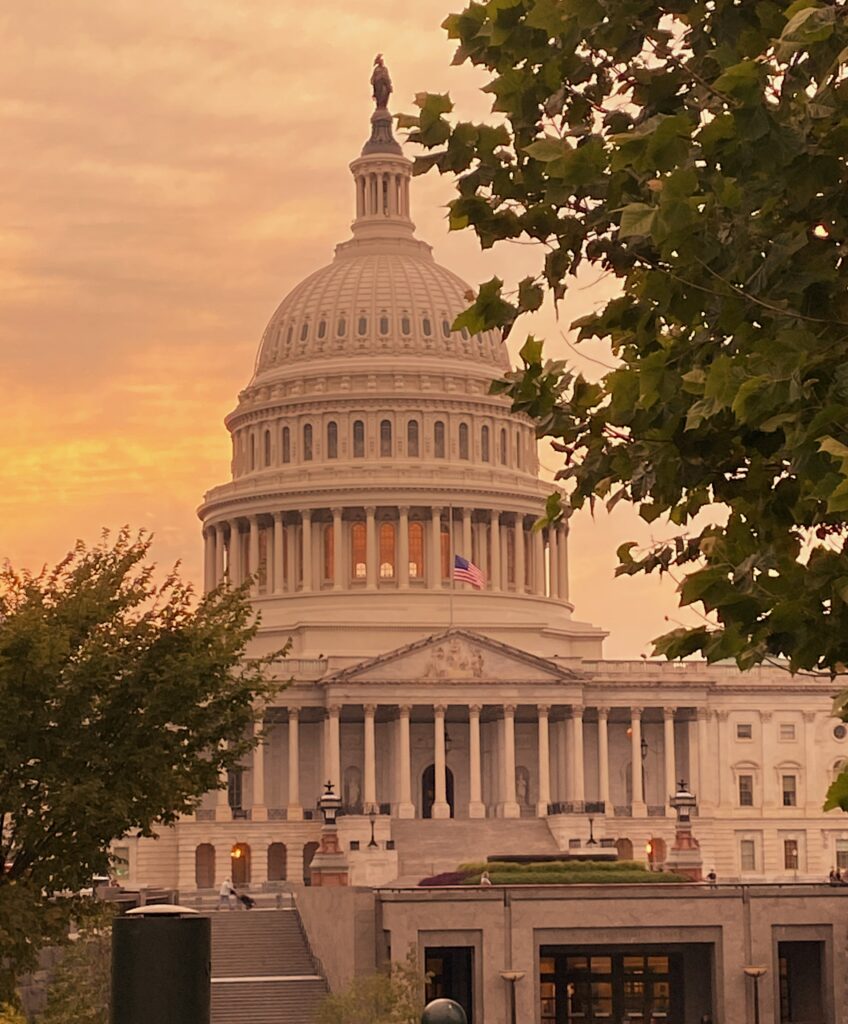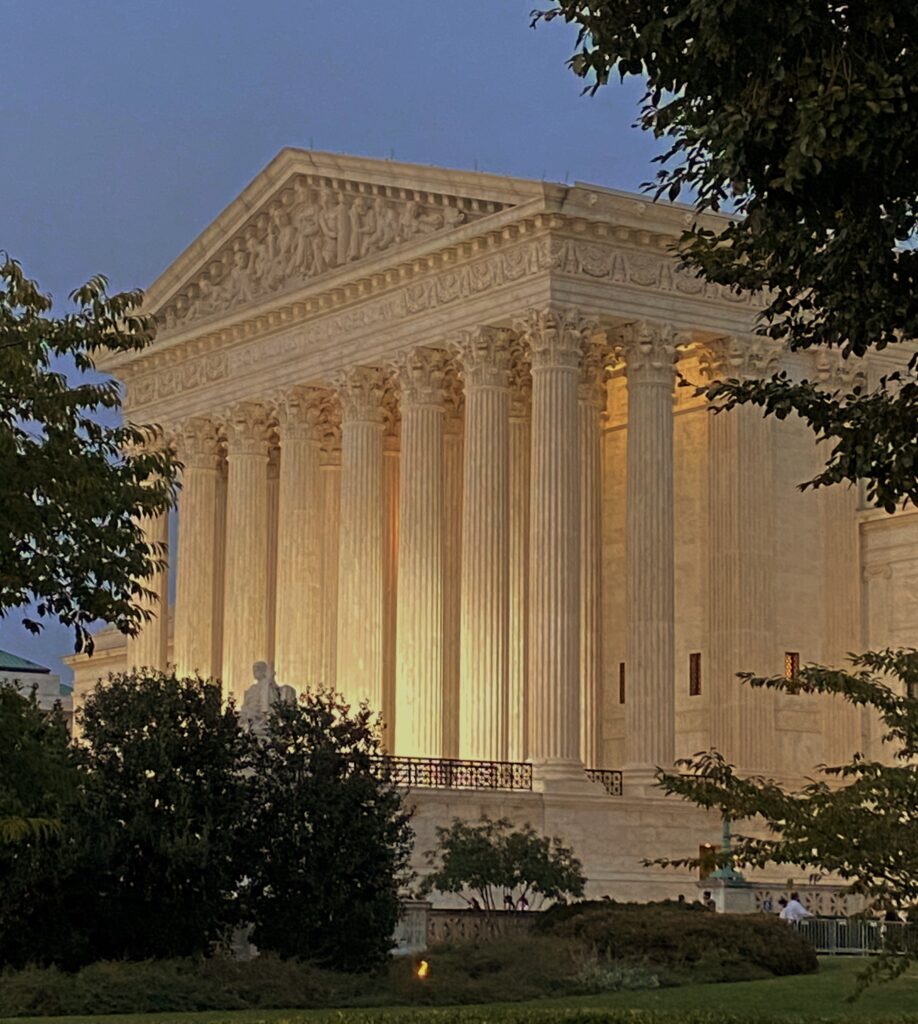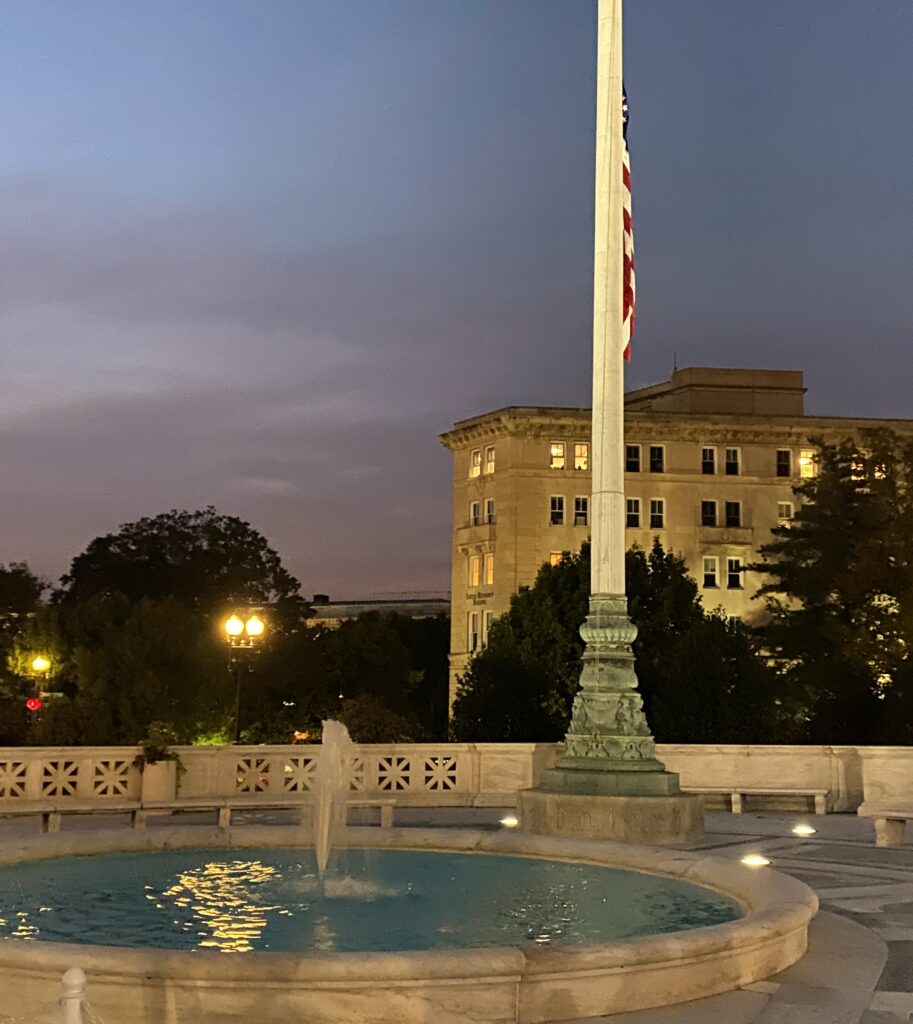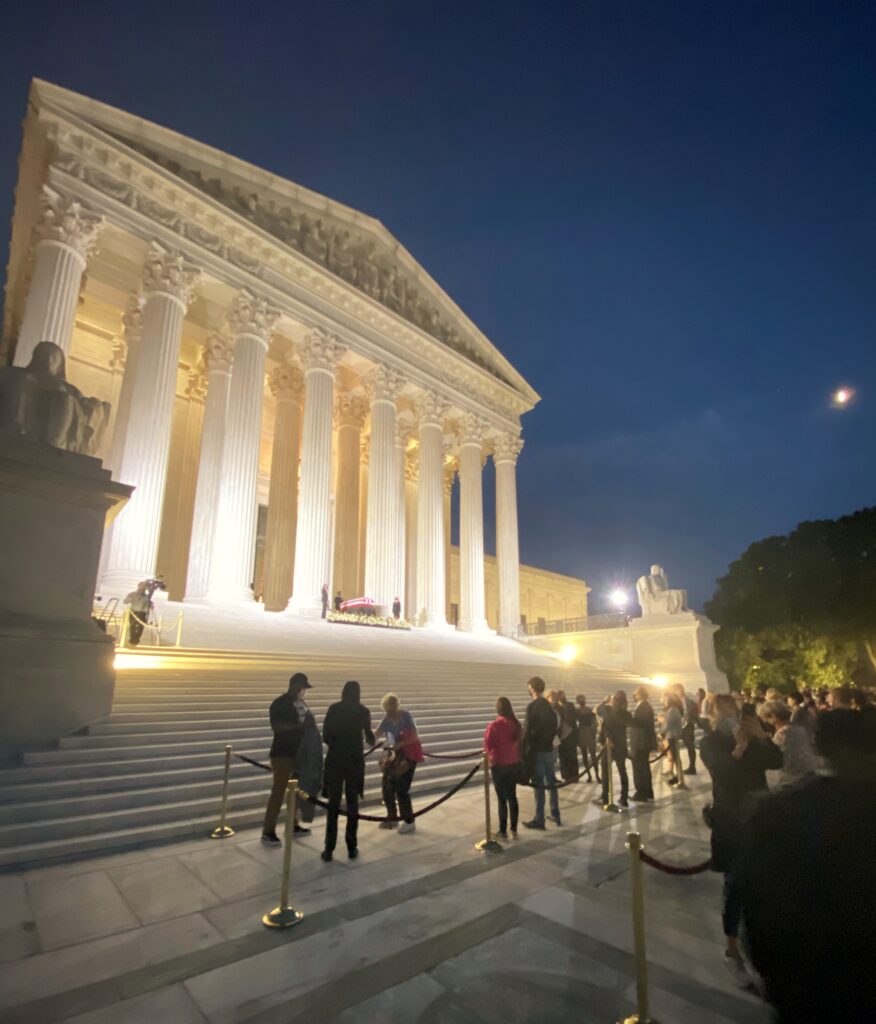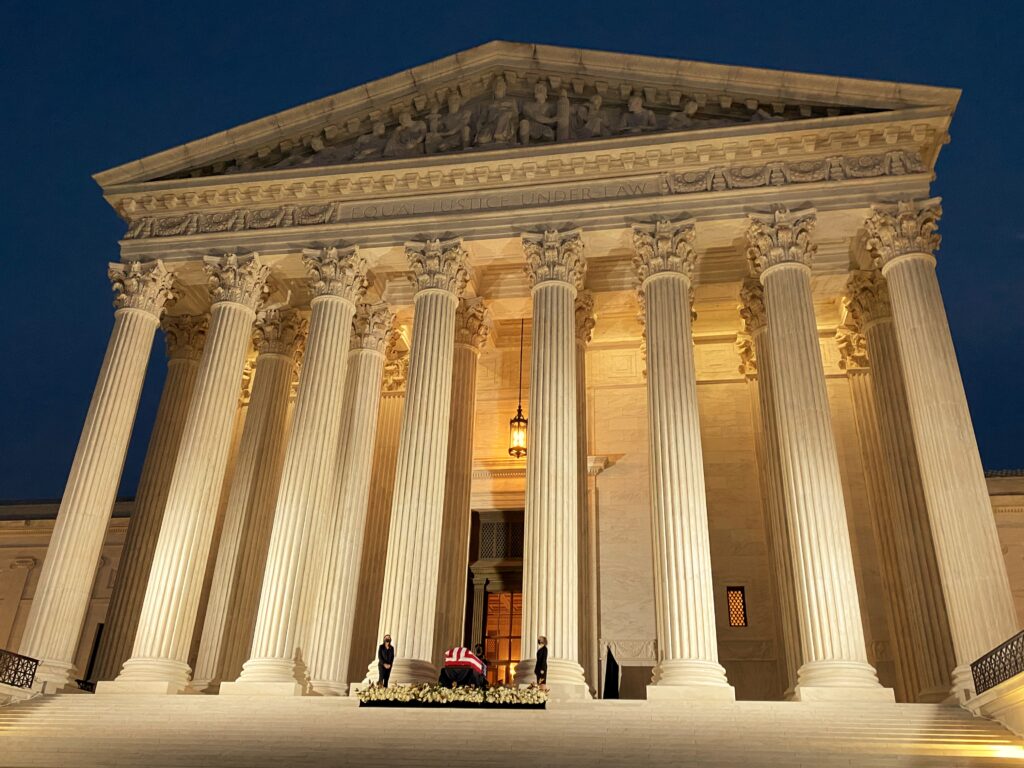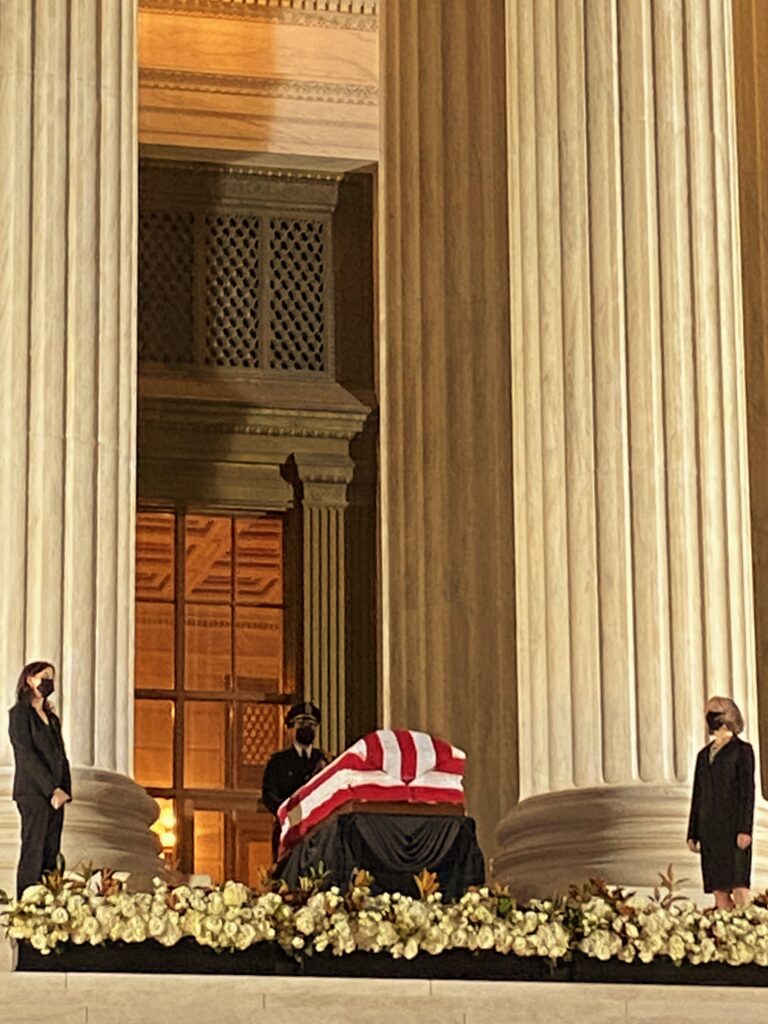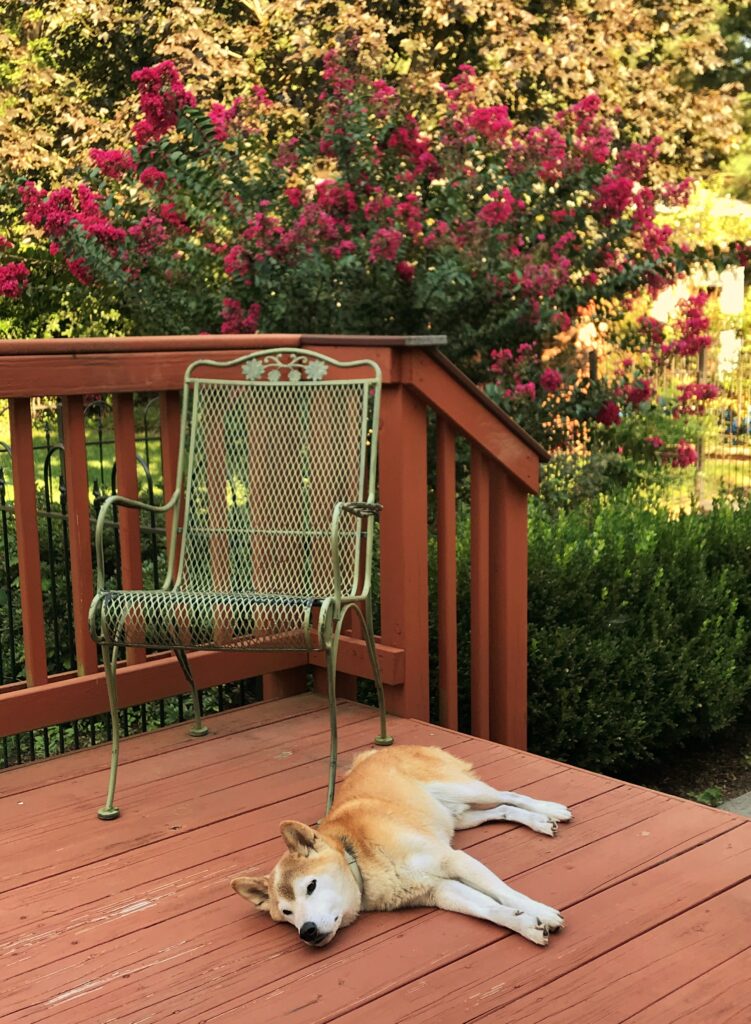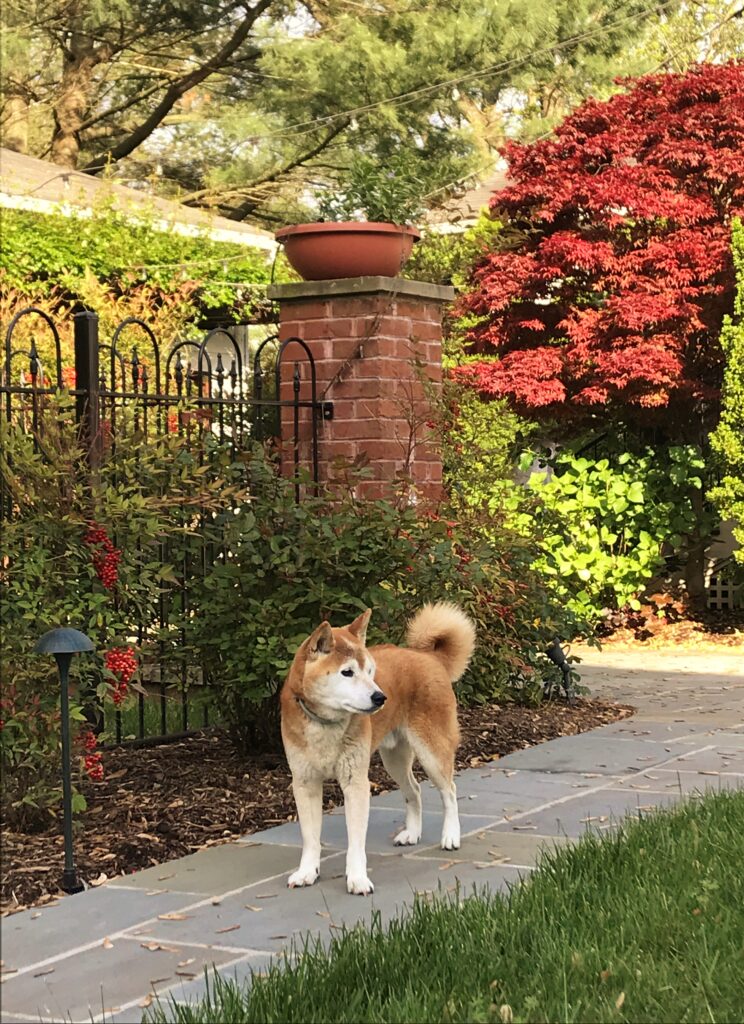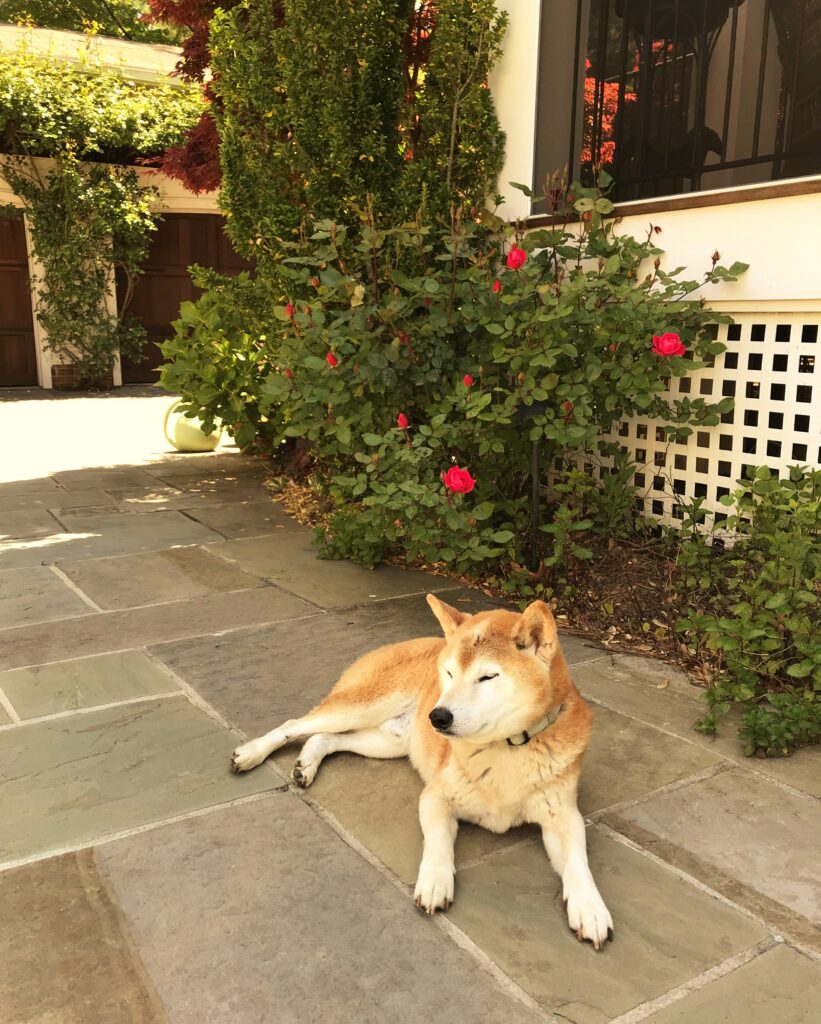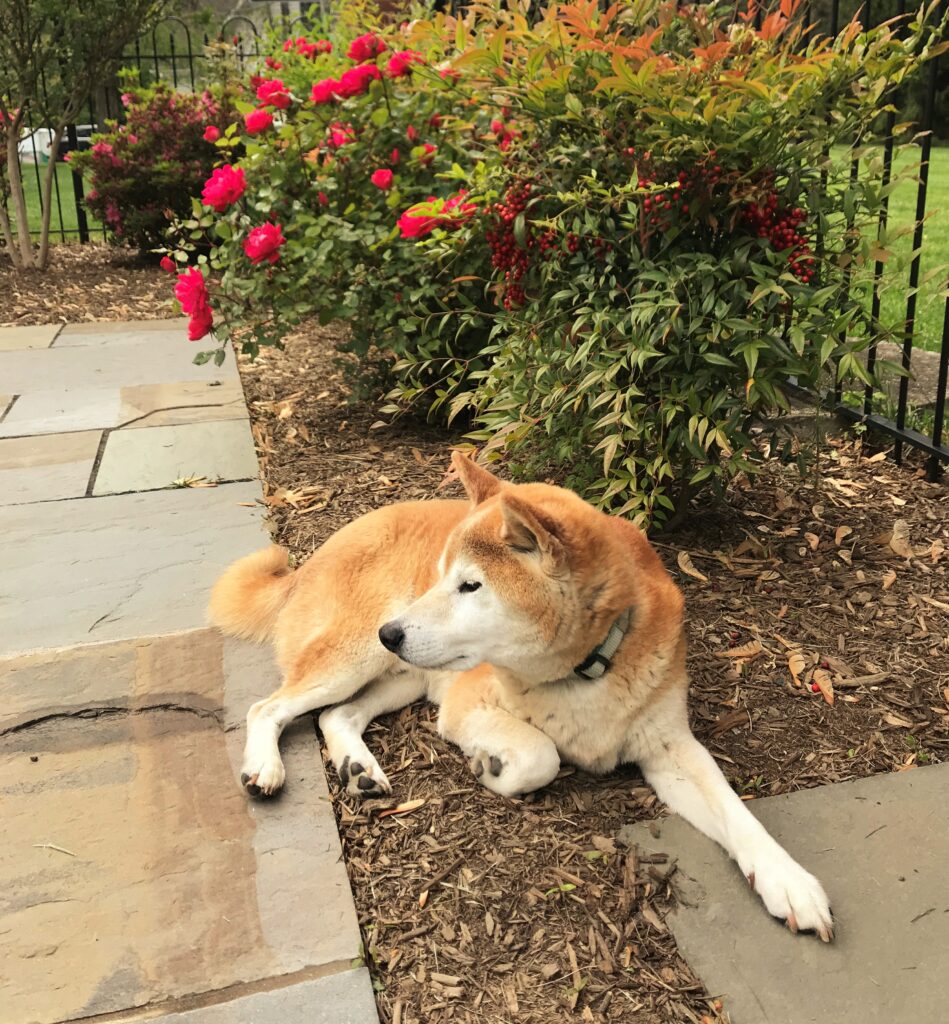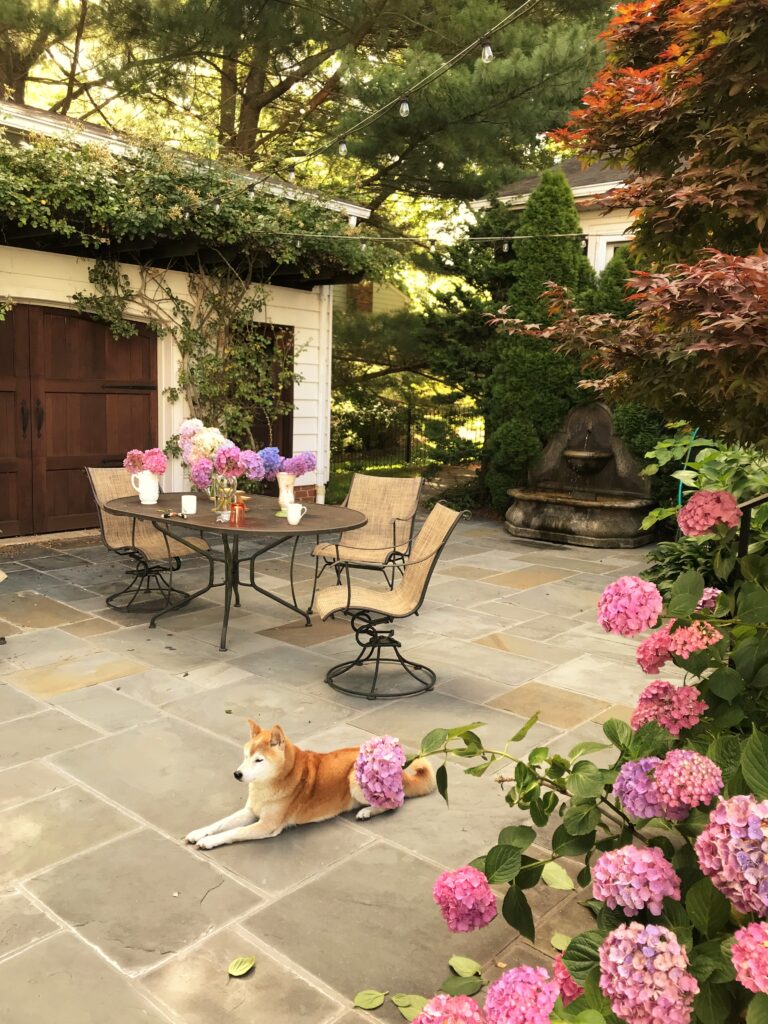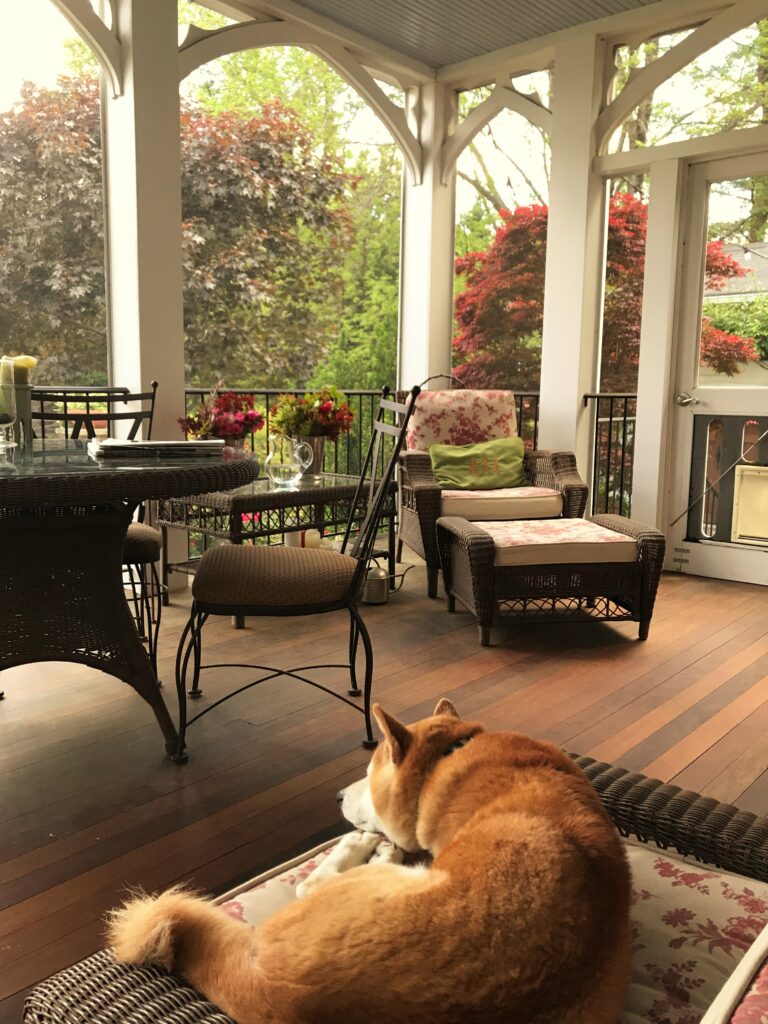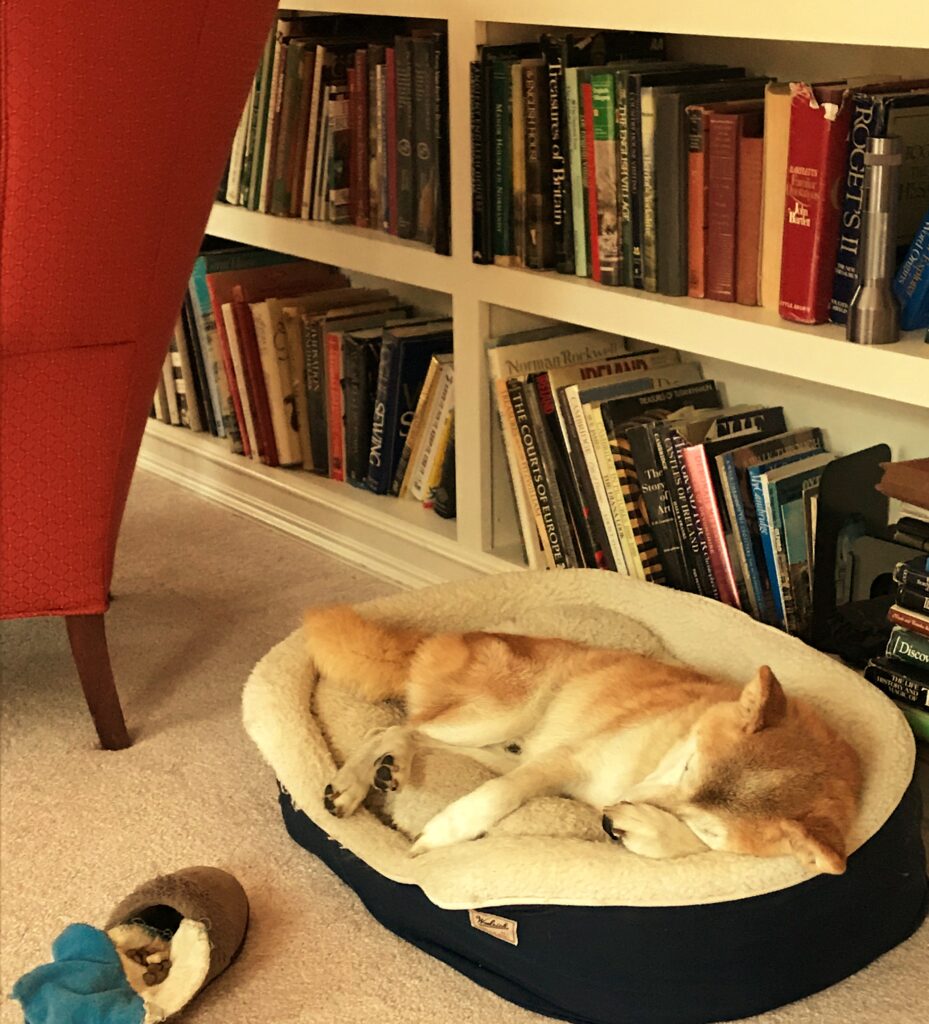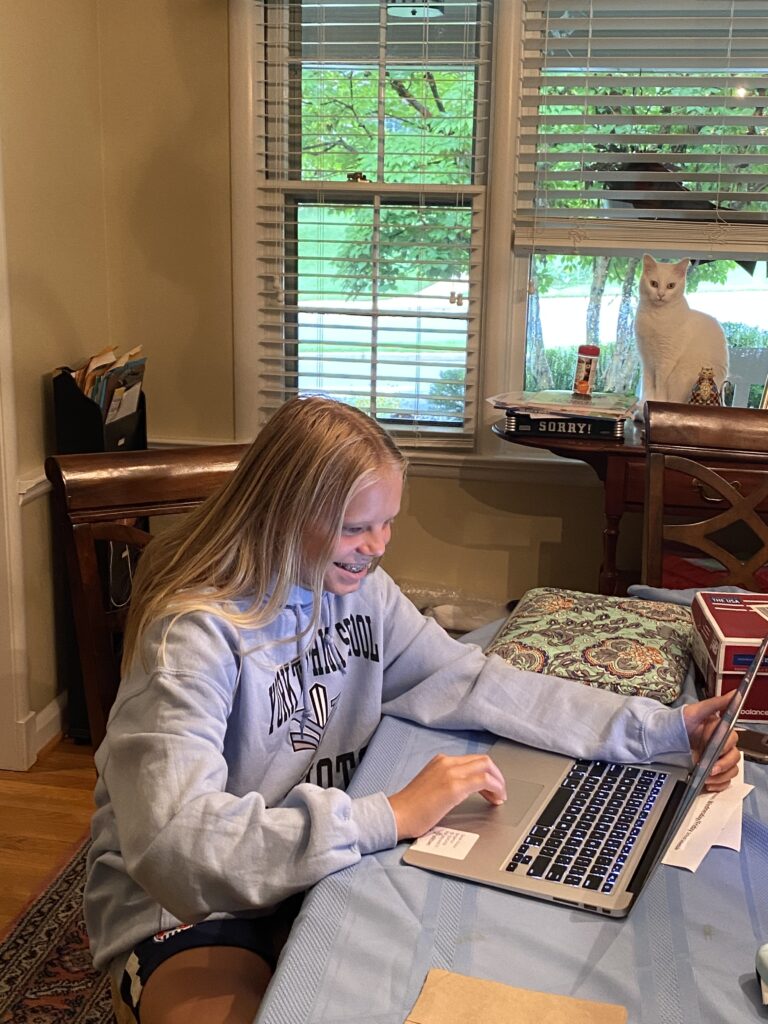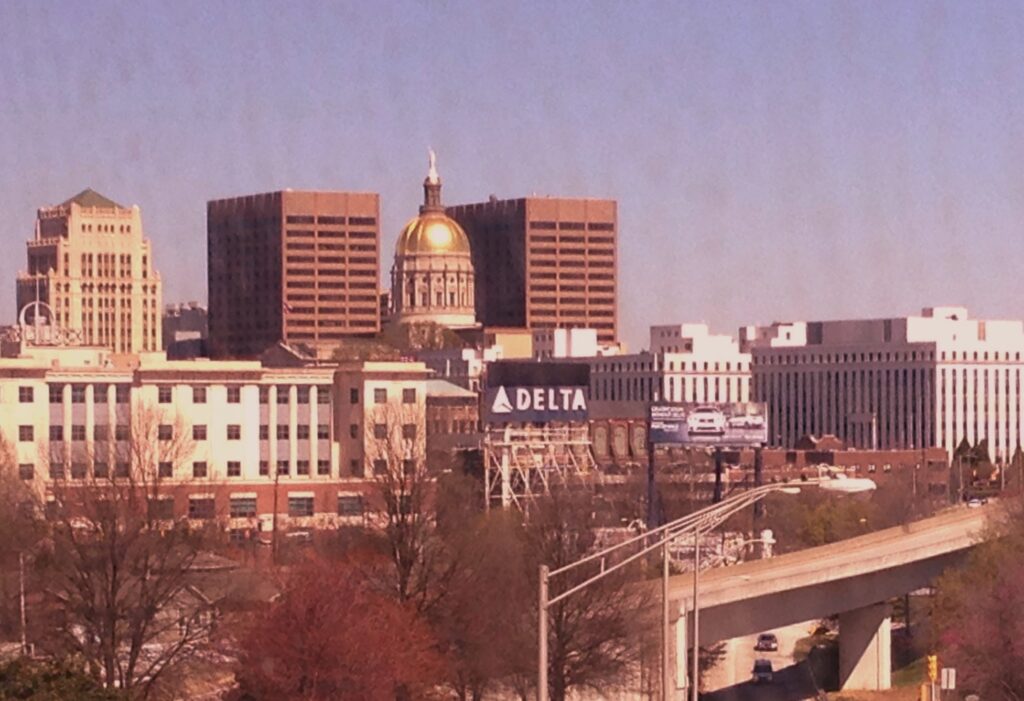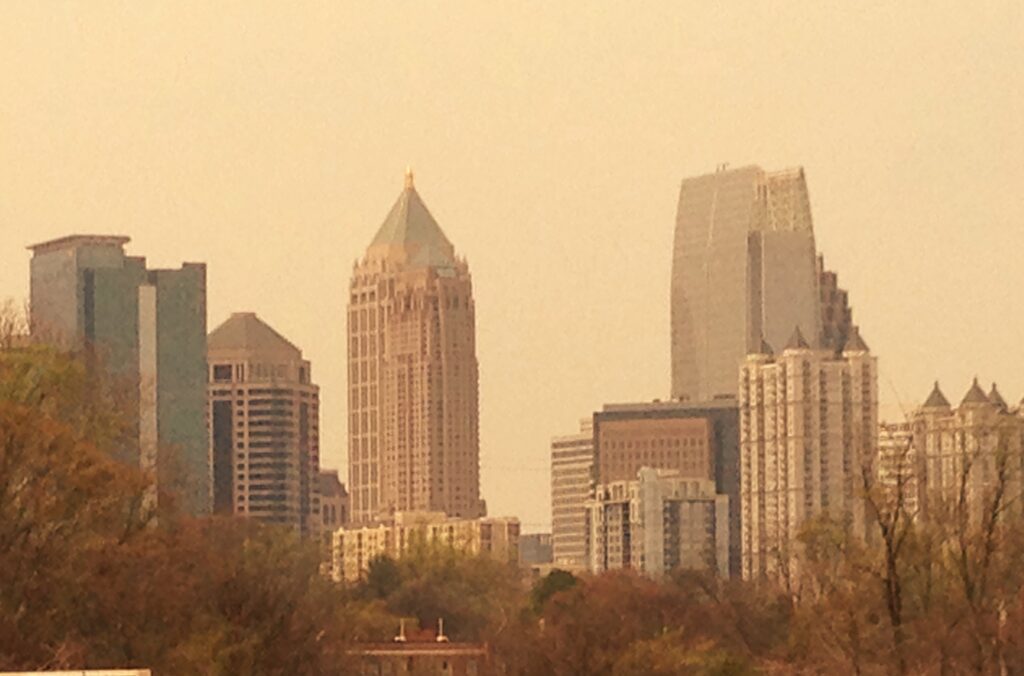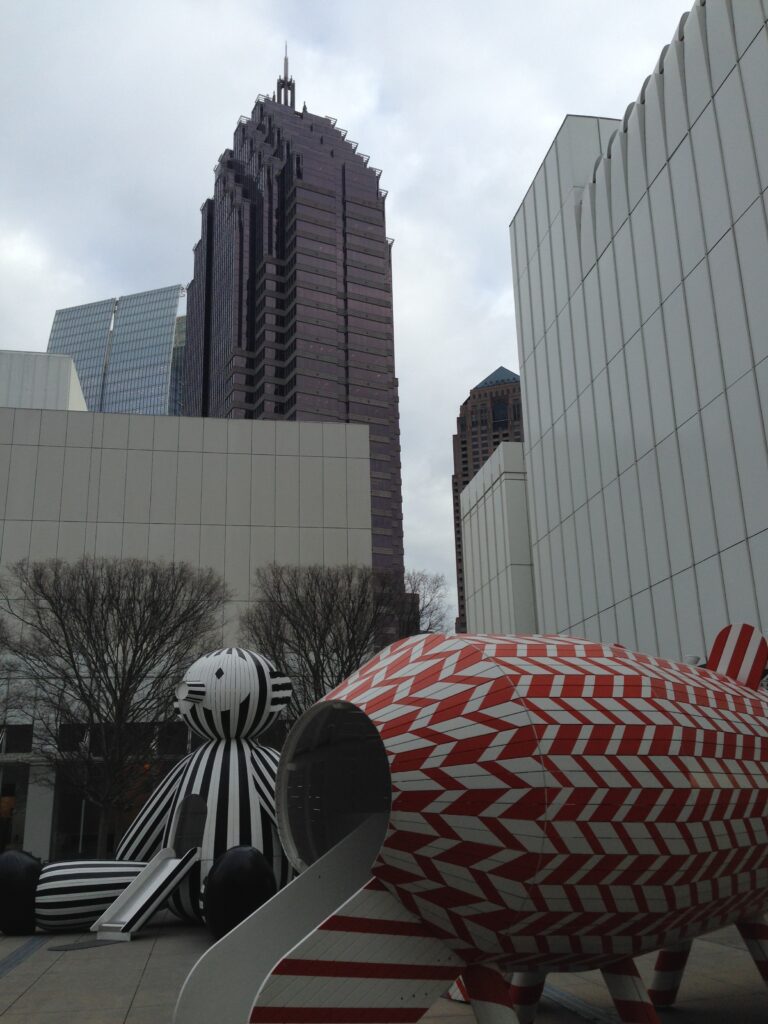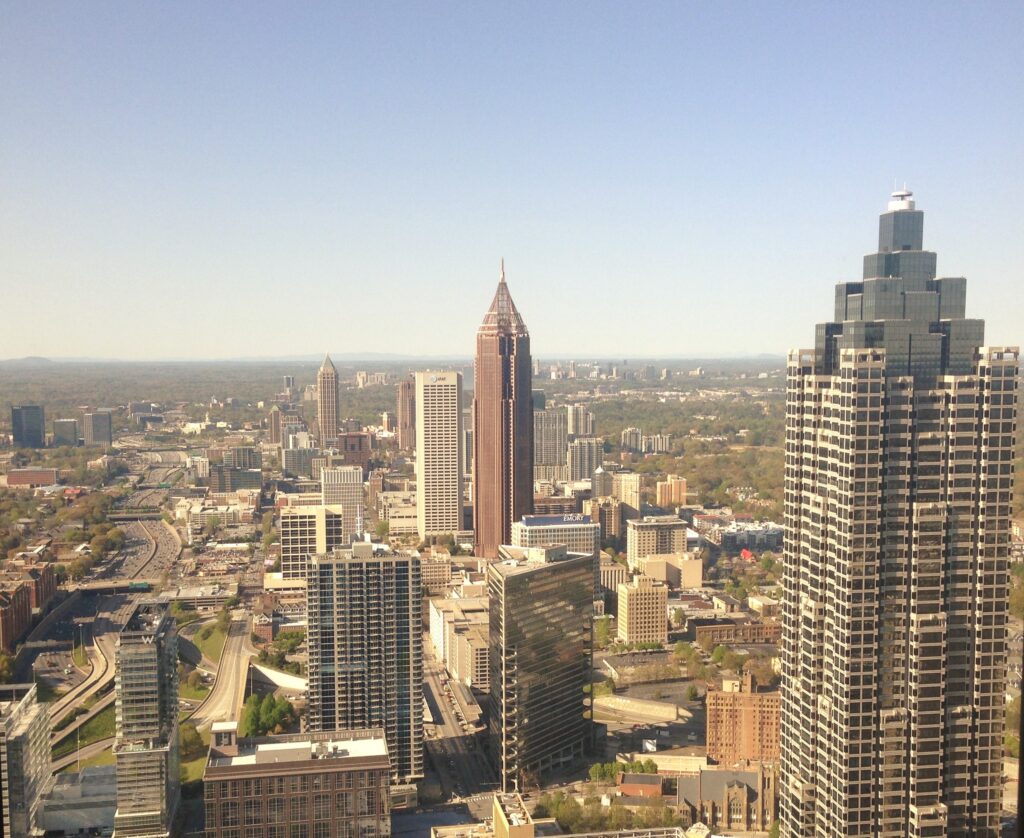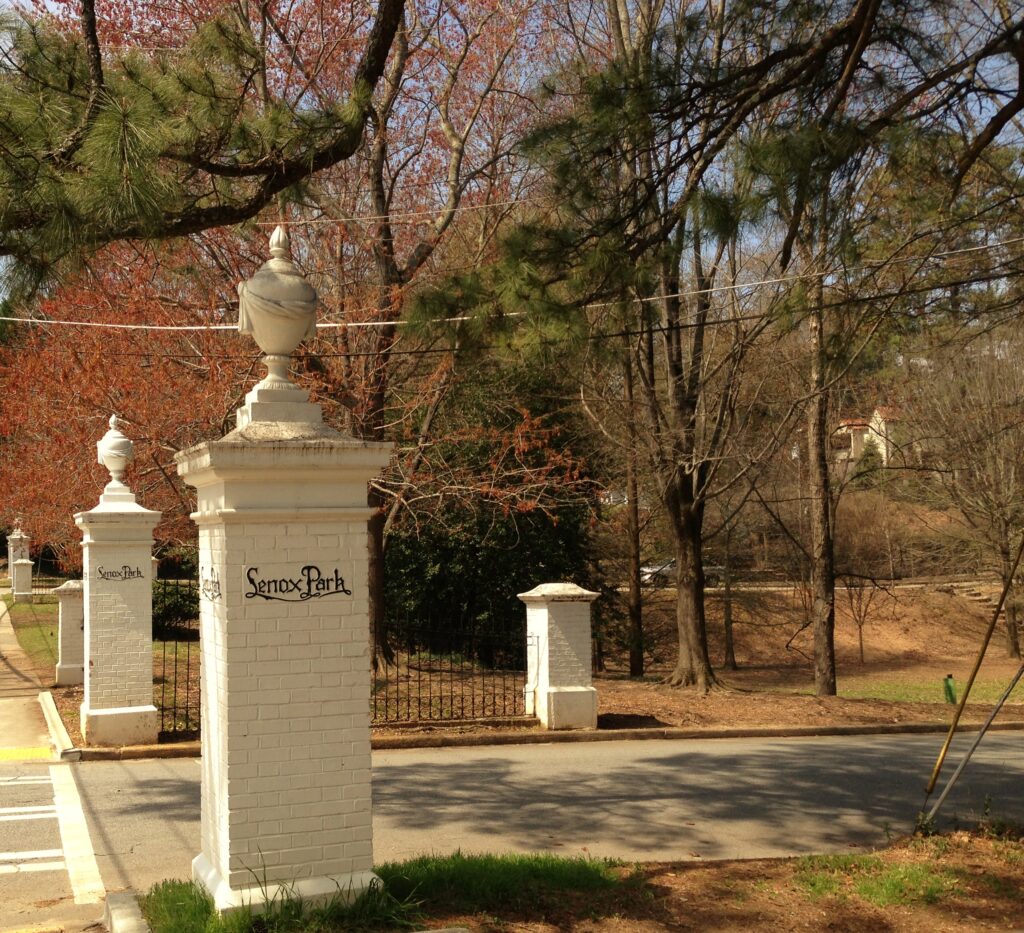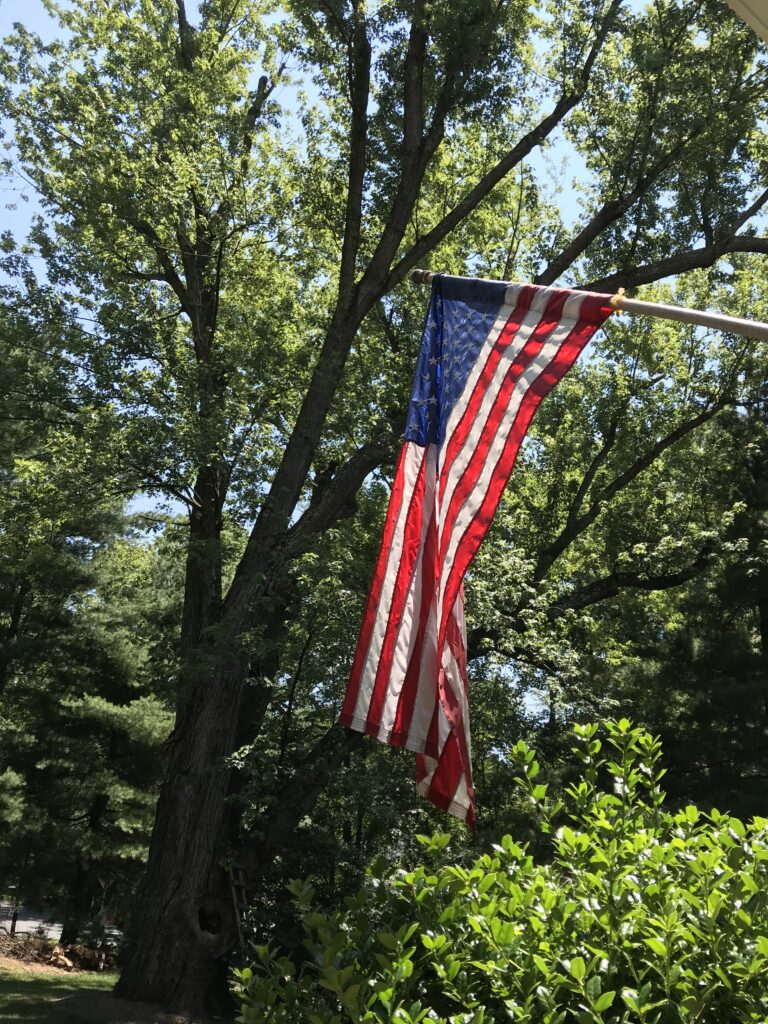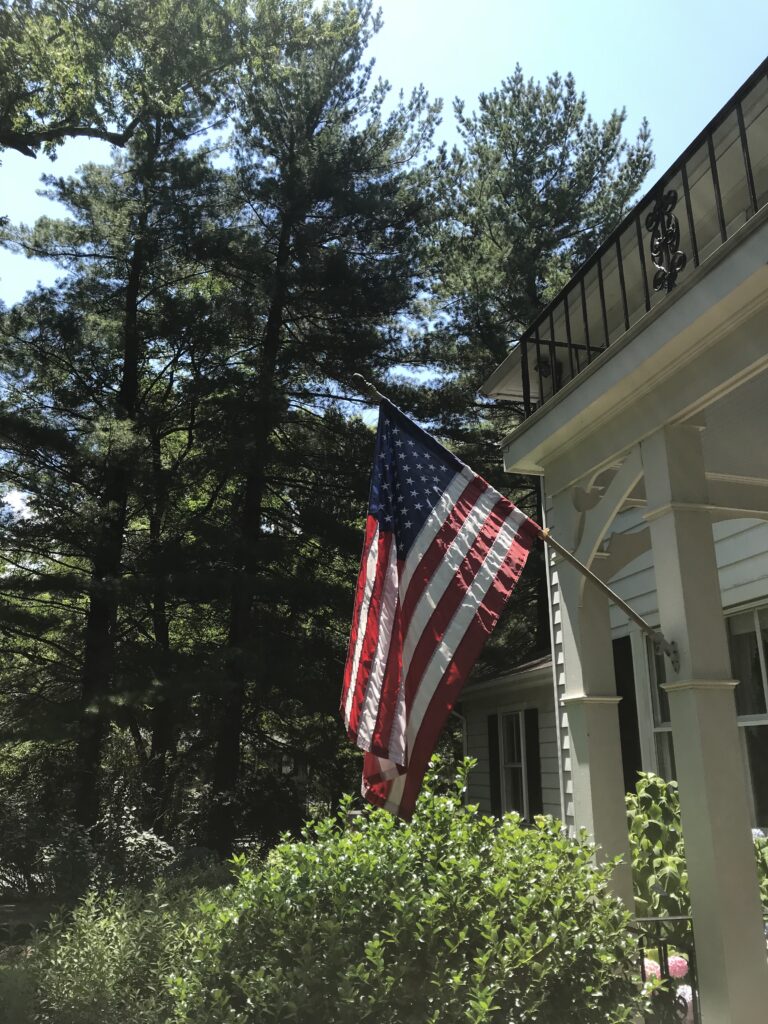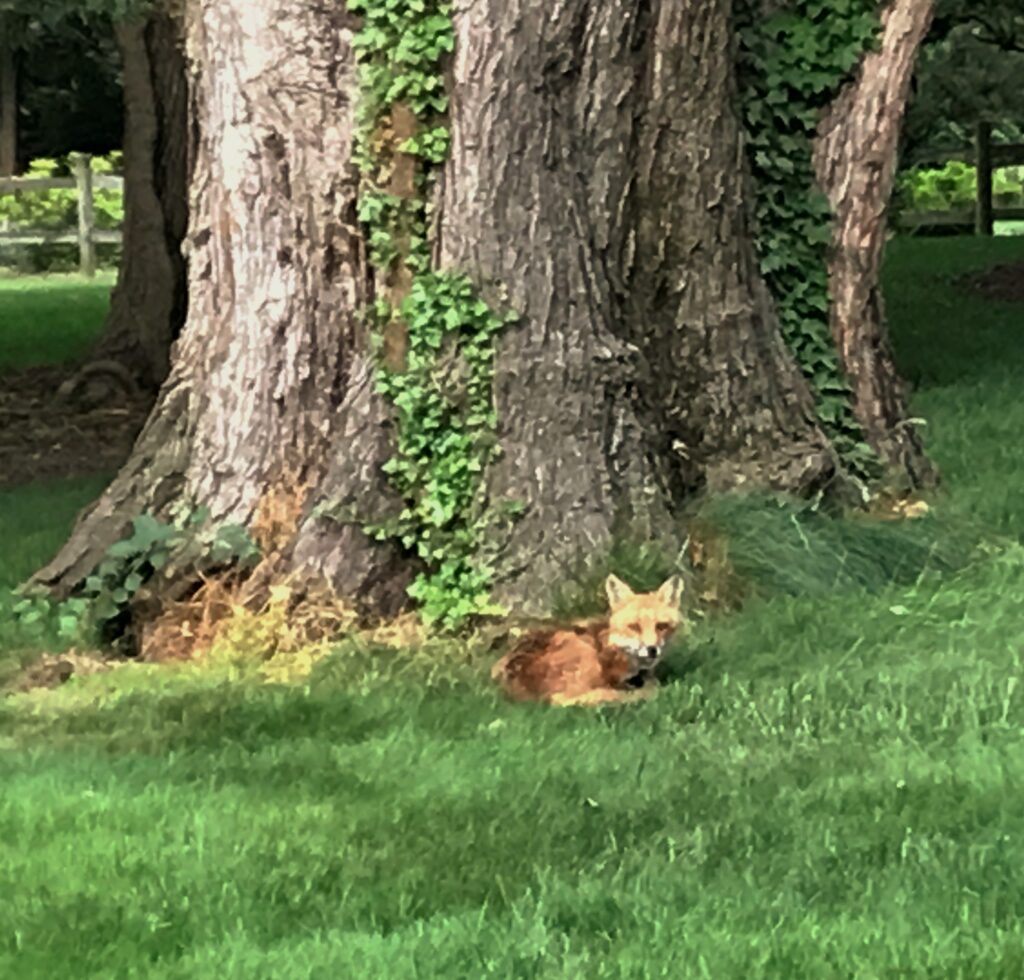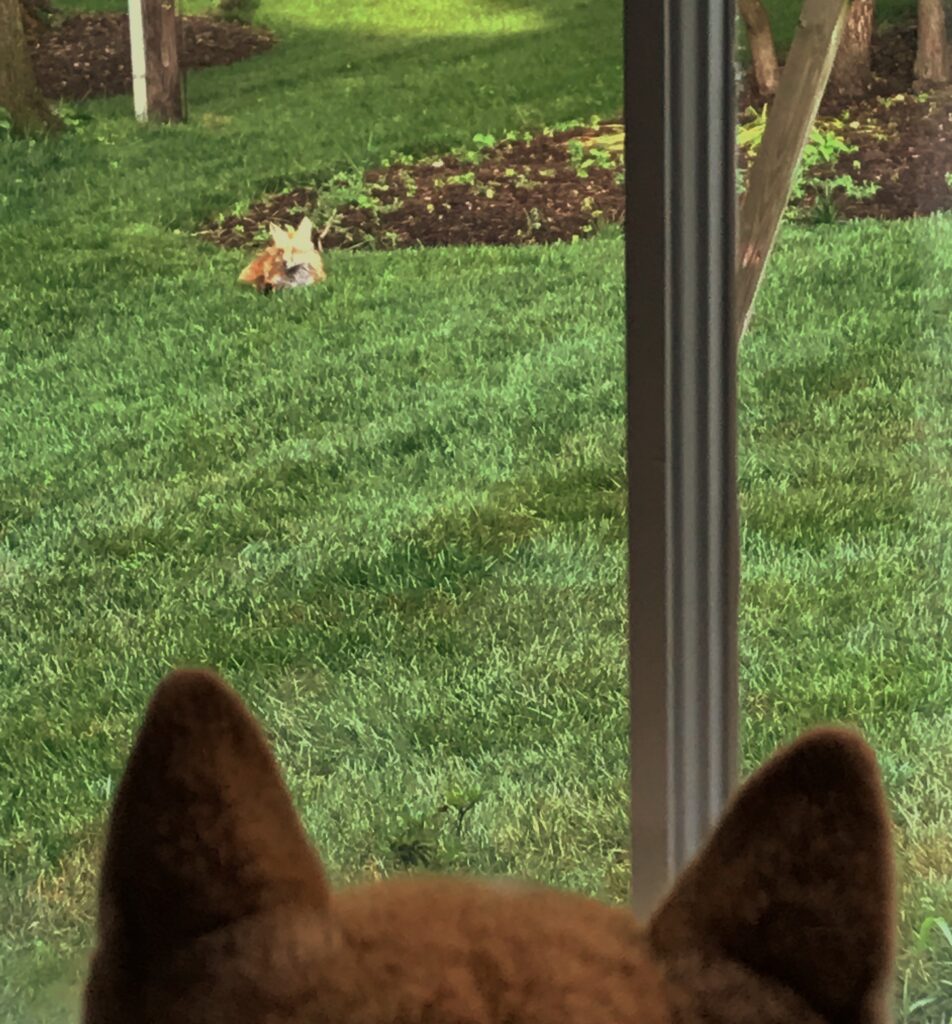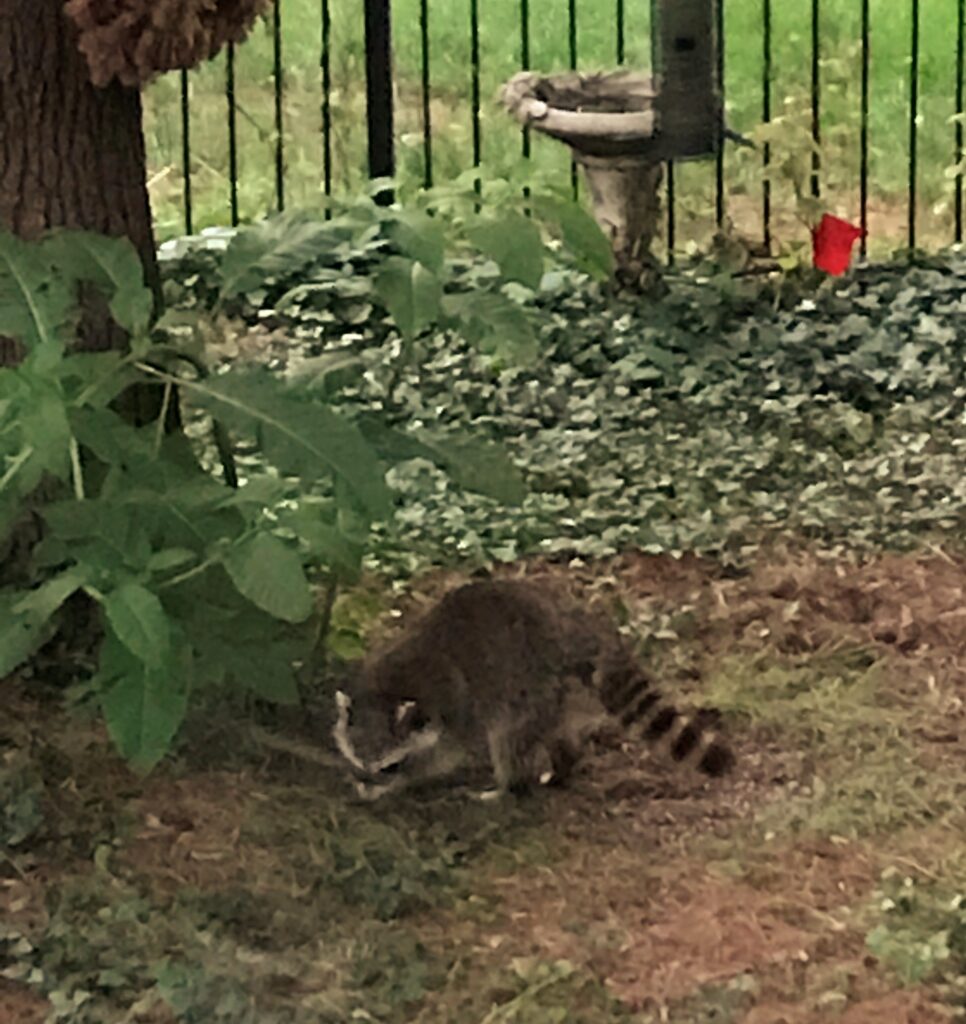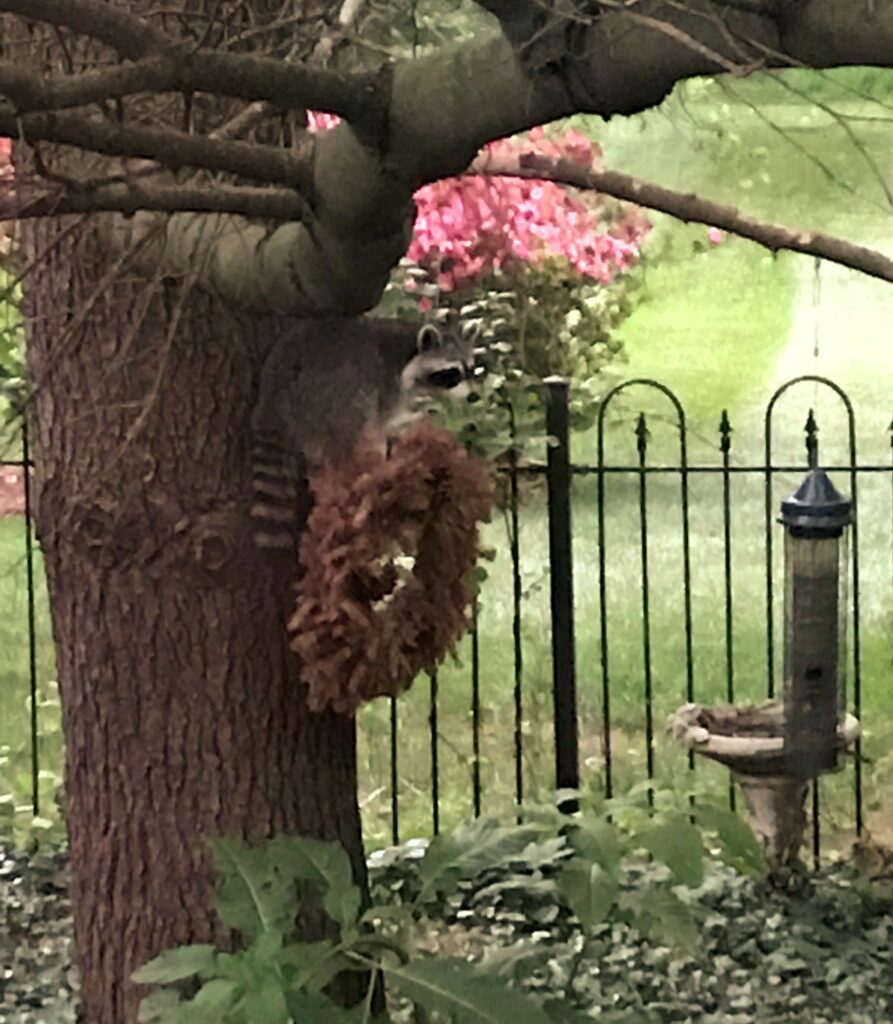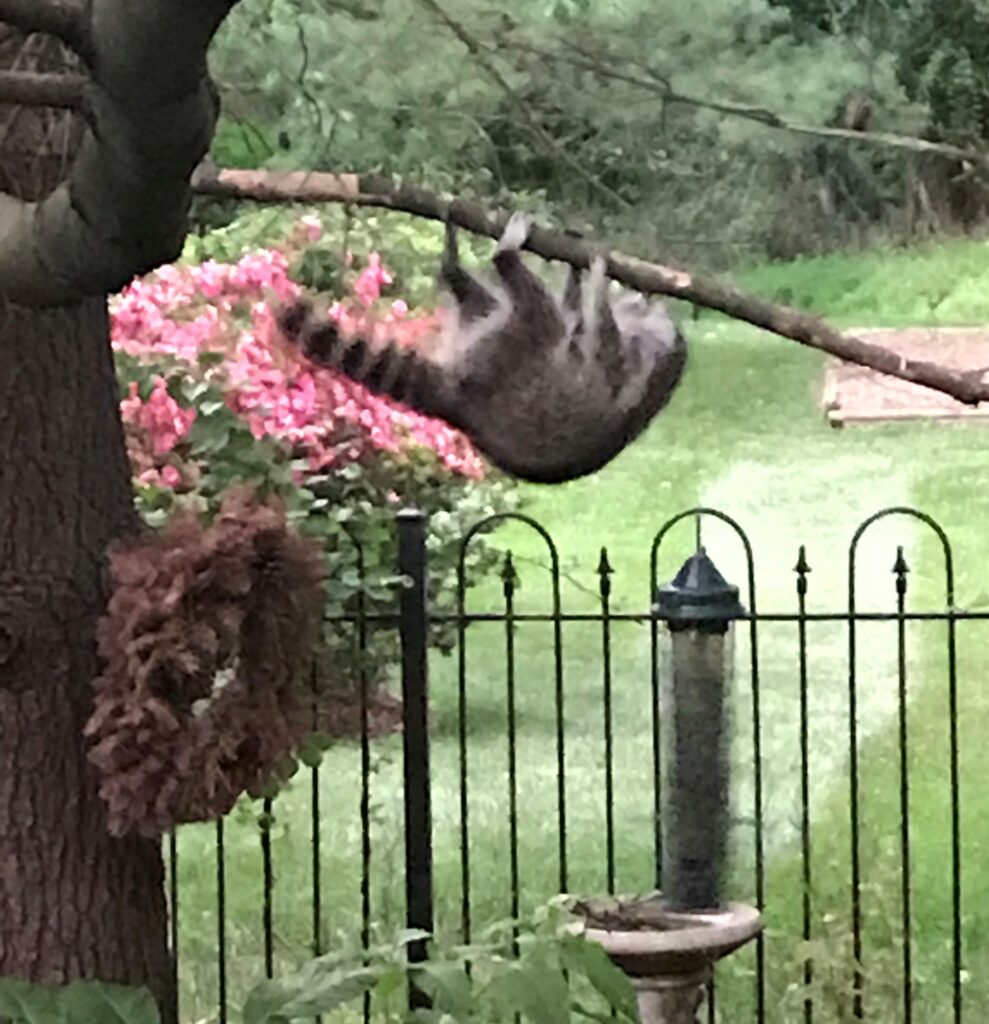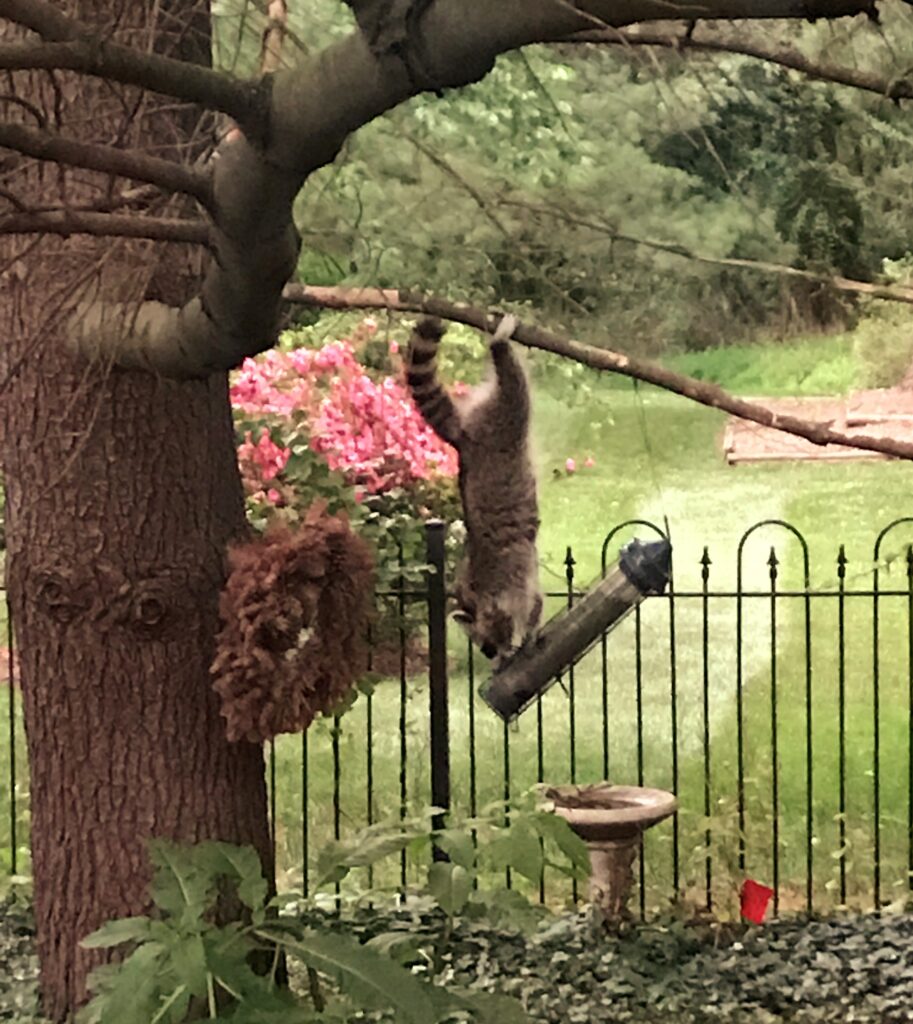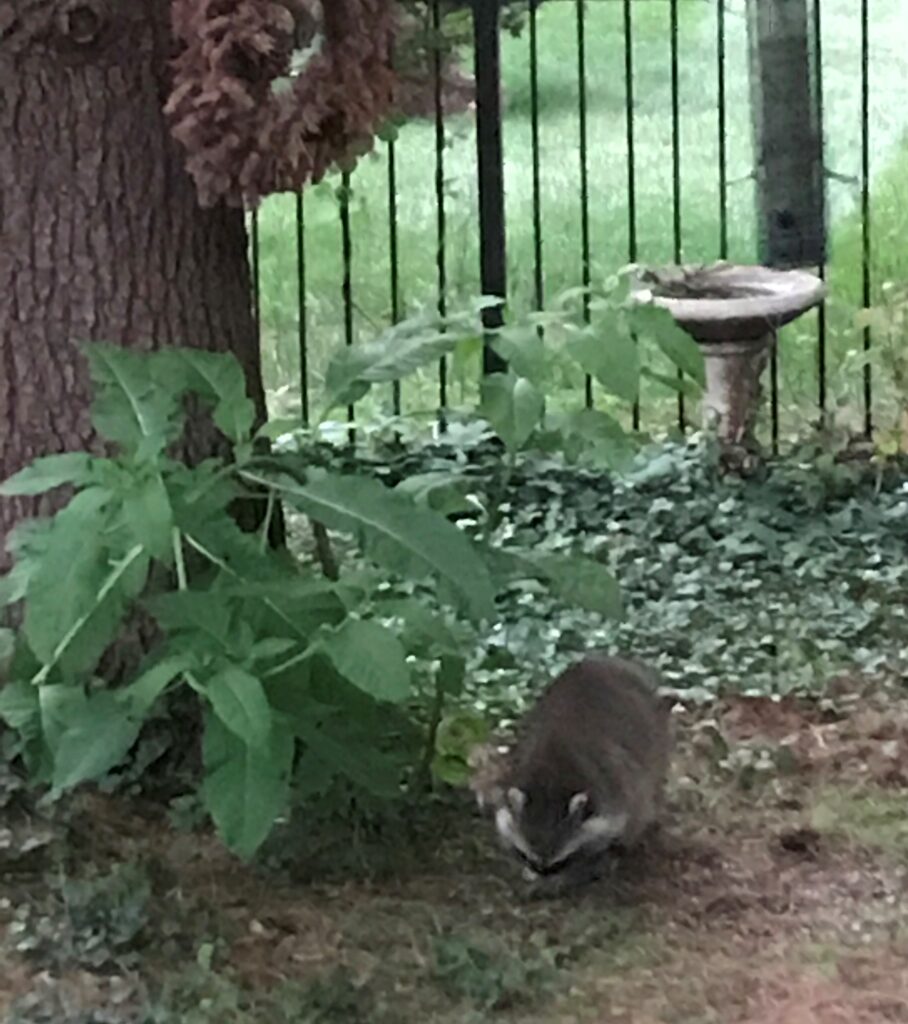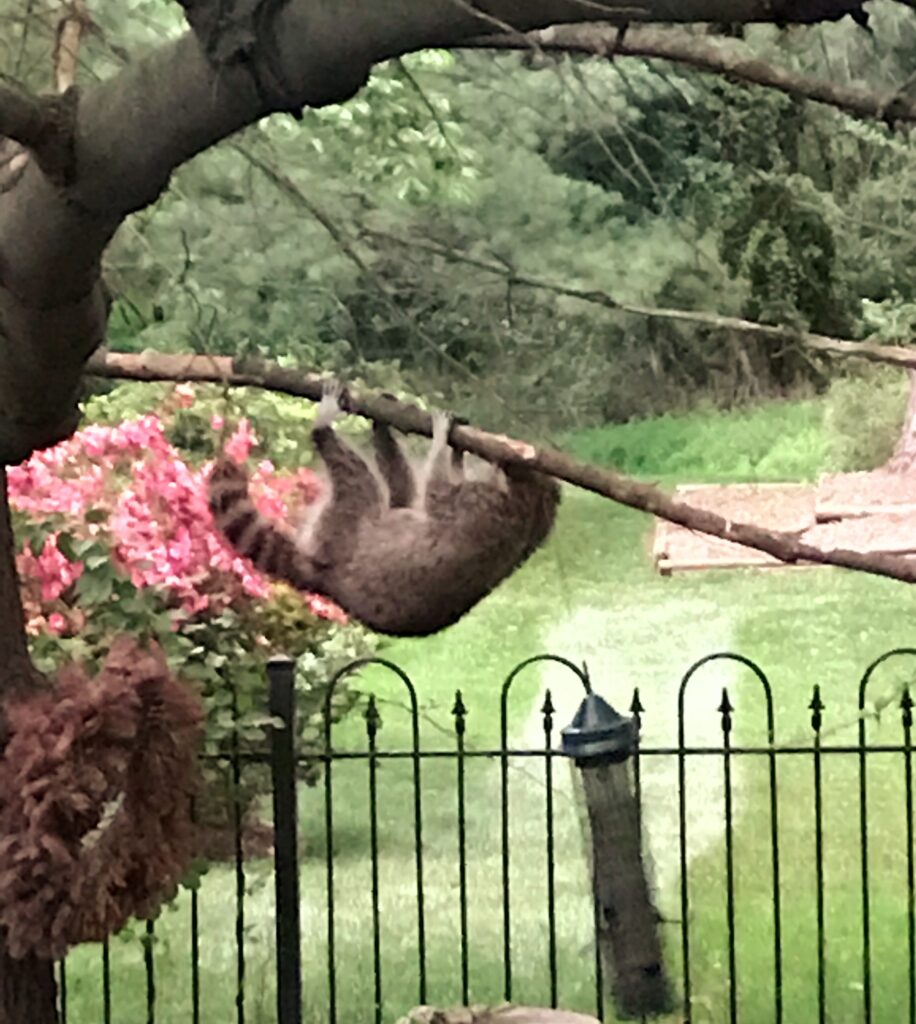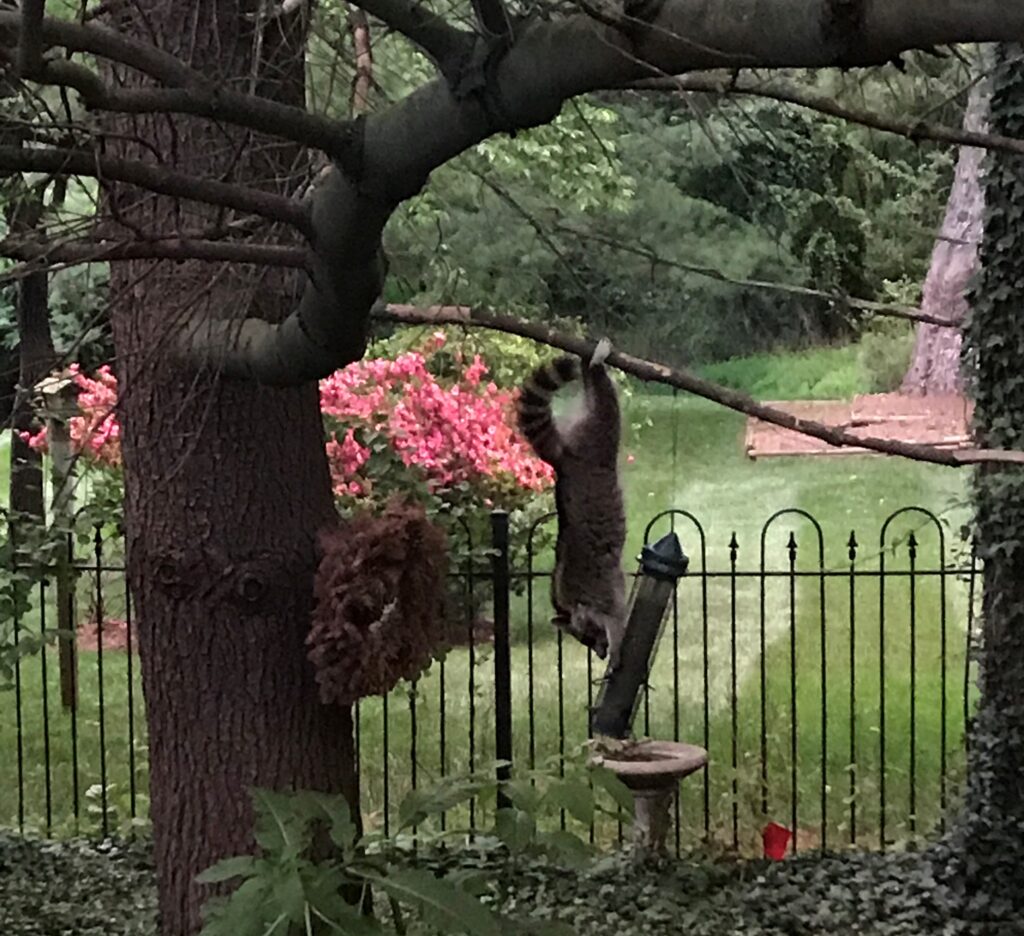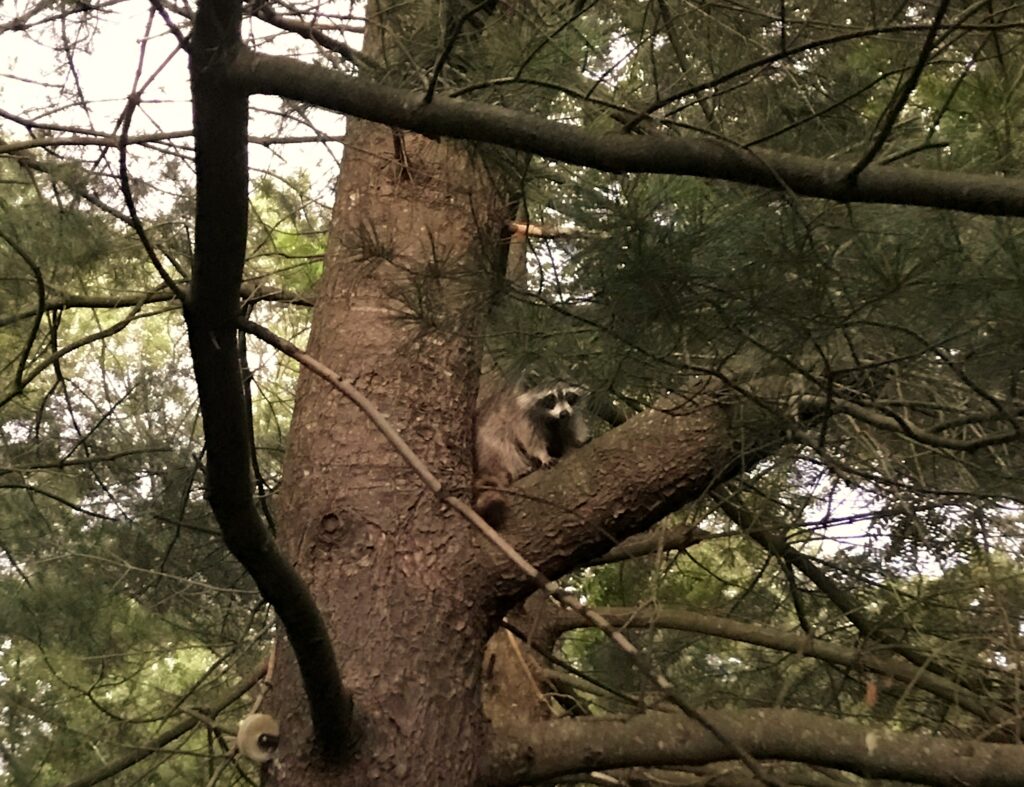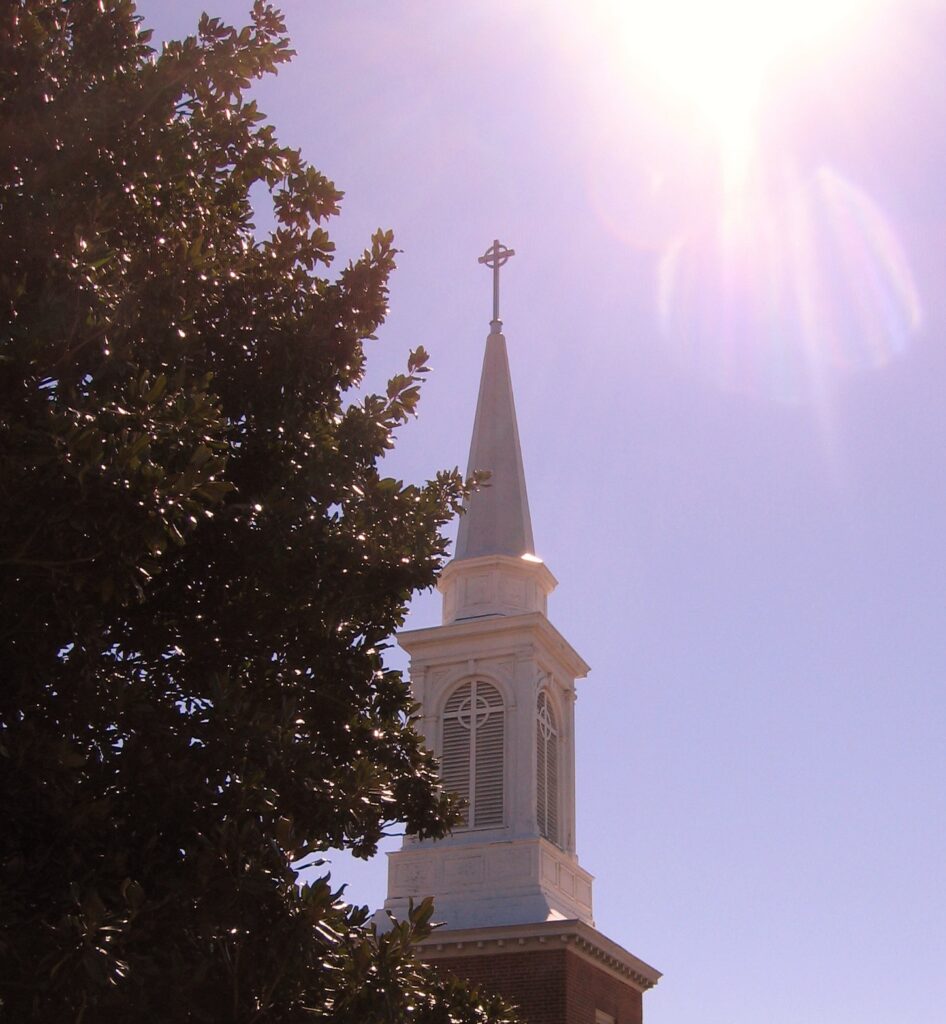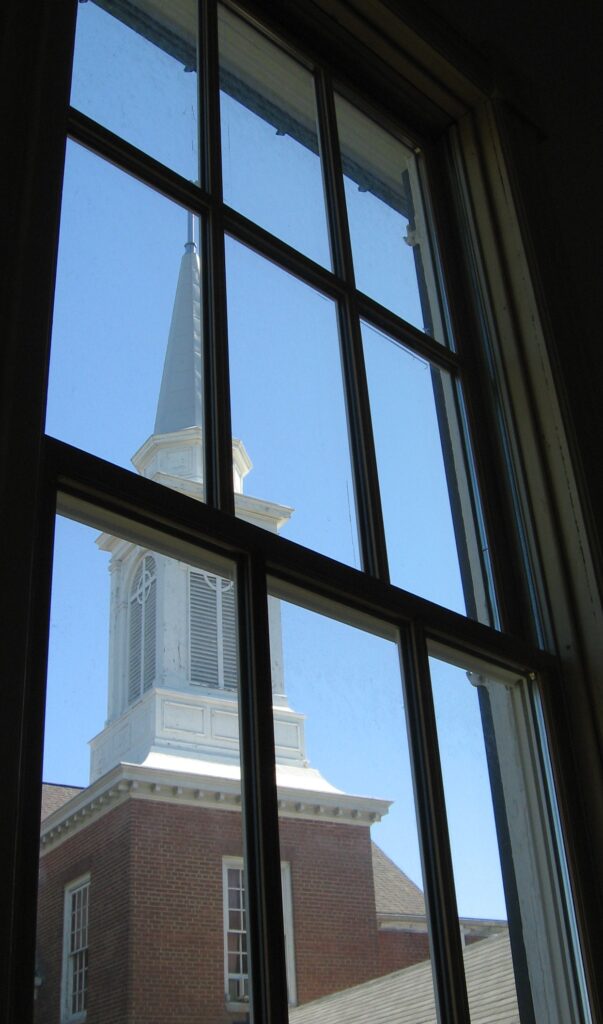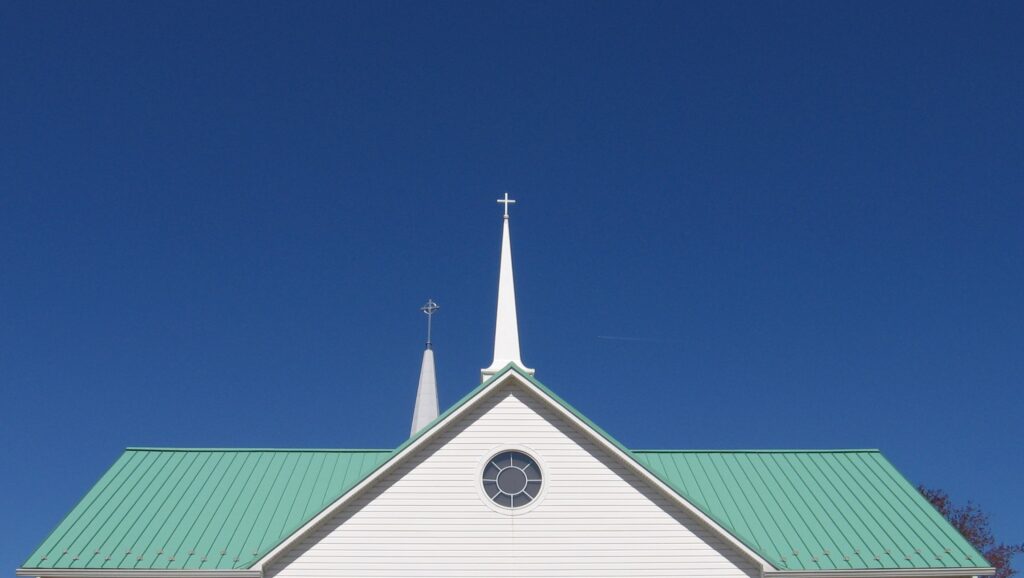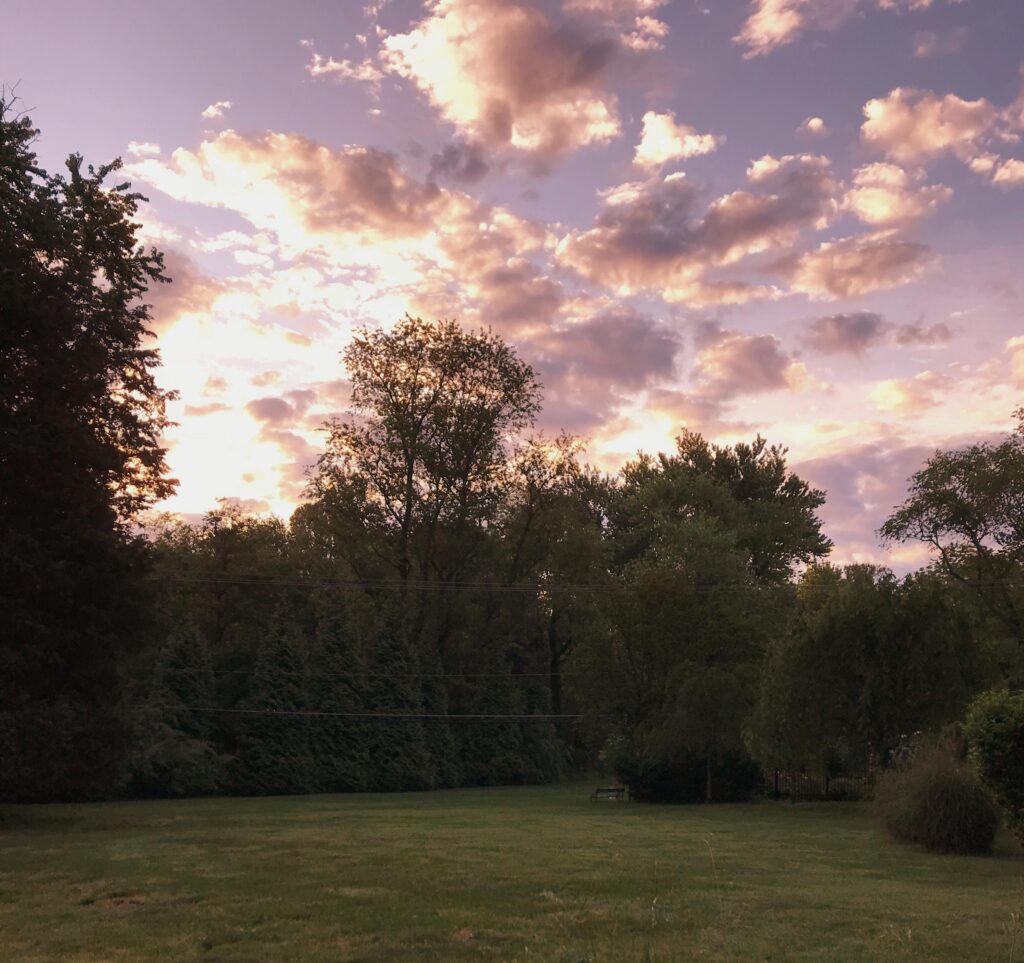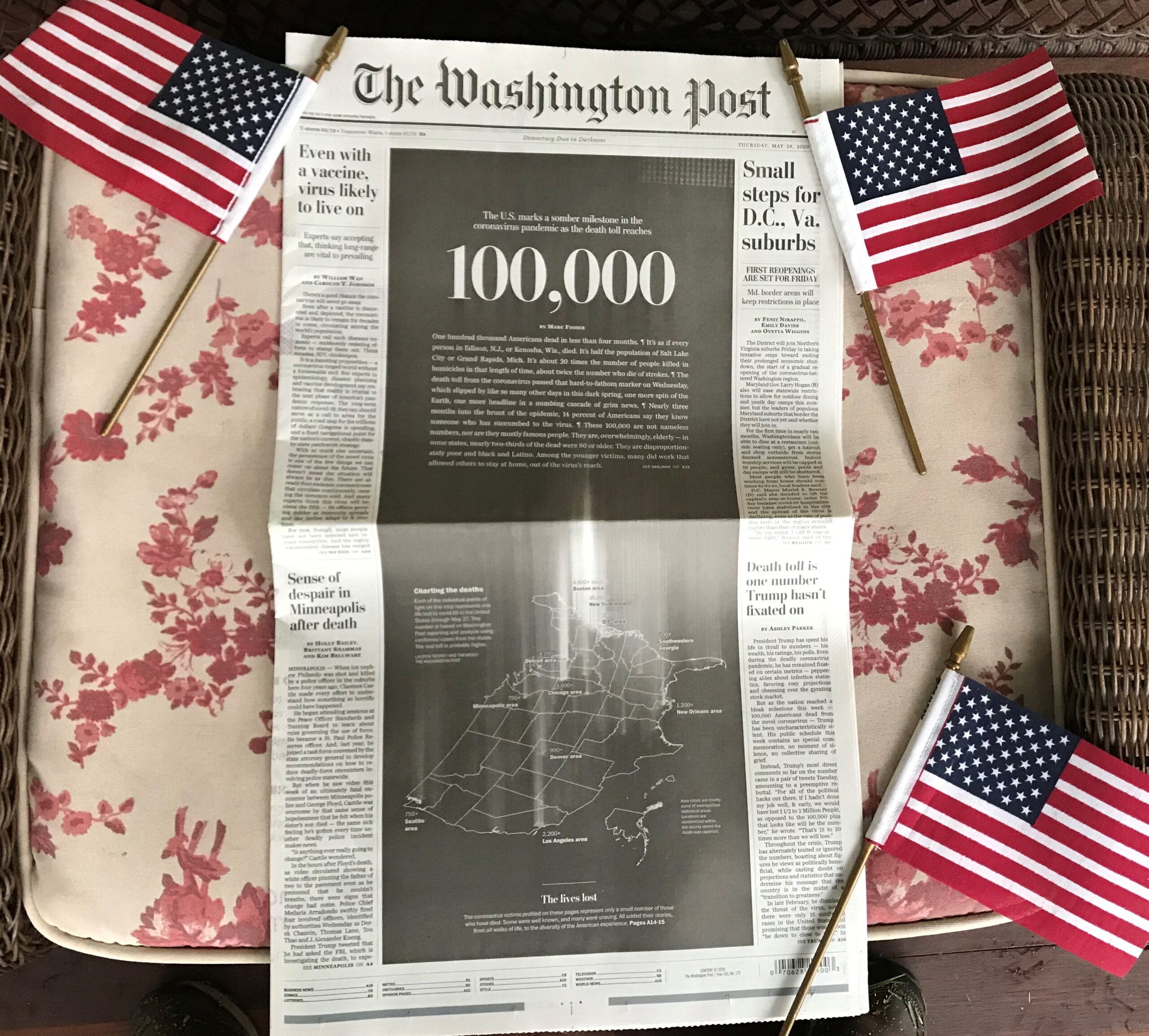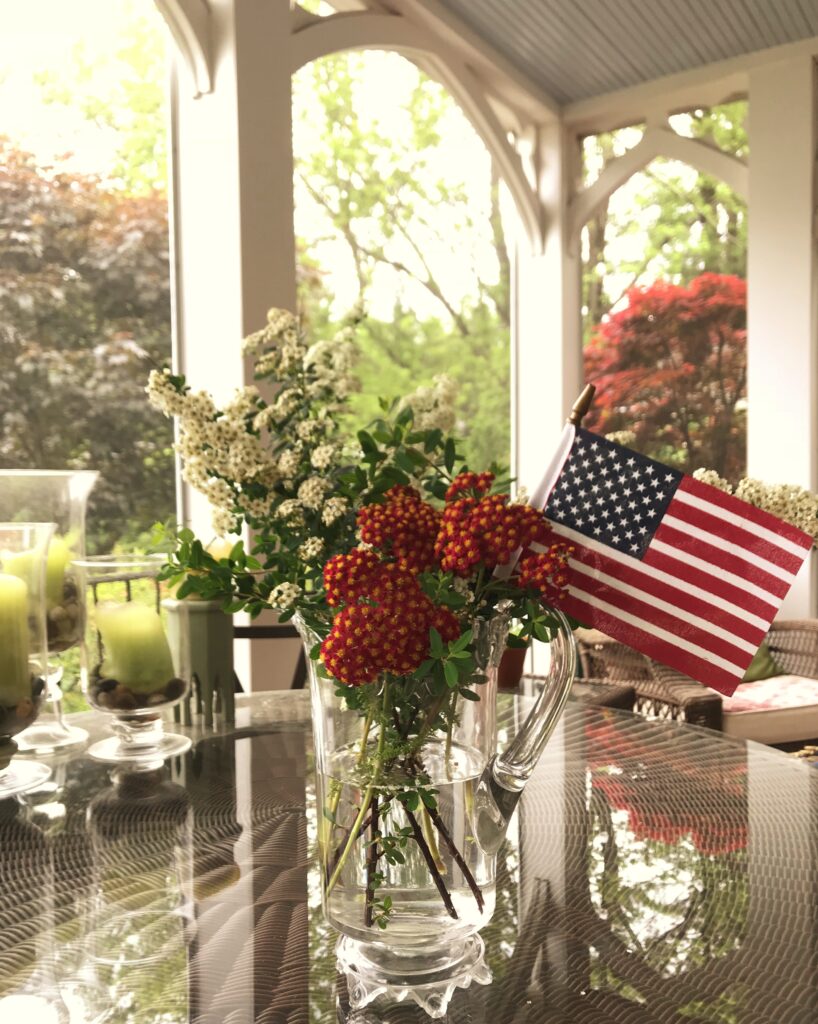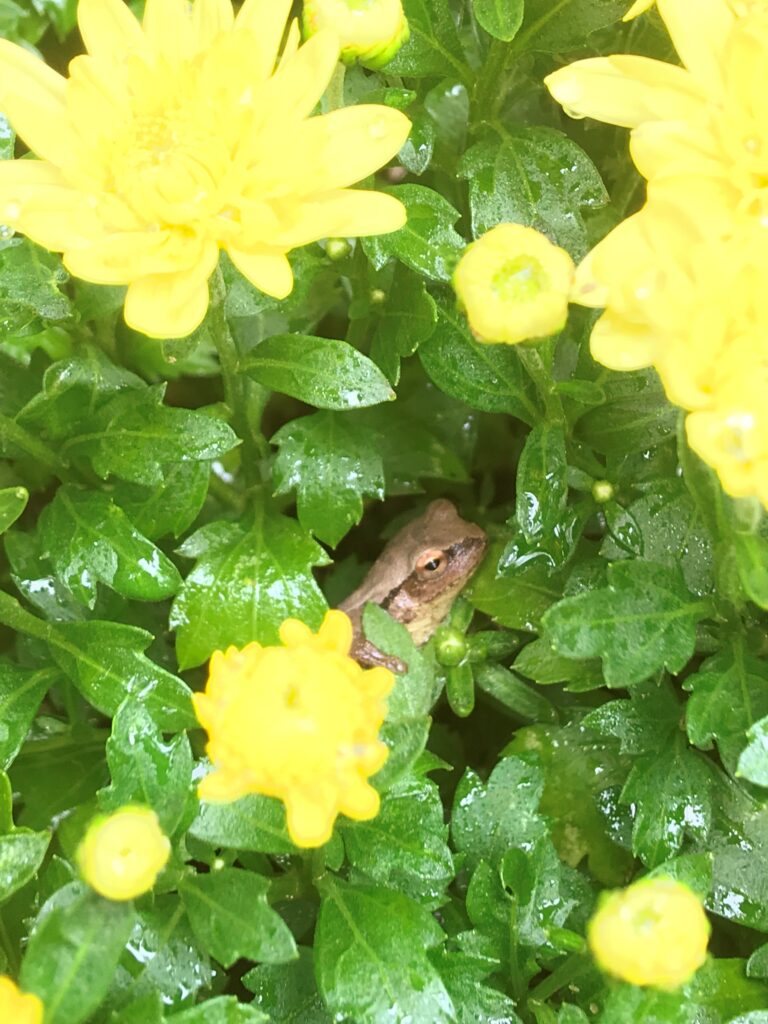
Is anyone else yearning for a safe place to hide from the ongoing malaise that is 2020? There is so much from which to seek refuge: covid-related illness, anxiety, depression and deaths (221,000 as of today in the U.S. and 1,126,000 worldwide). There are the ongoing climate disasters, including fires, floods, droughts, scorching heat, and even plagues of locusts. Tornadoes, derechos of intense ferocity, and so many hurricanes that we’ve started through the alphabet again for storm names. Then there is all the conflict, free-floating anger and polarization. Extreme economic disparity. Drastically contrasting perspectives on issues of race and class. Weighing heavily on my heart and those of my immediate family is the mind-boggling range of opinions among fellow humans on some of life’s essential questions. On the meaning of decency and morality, on American ideals and what our country stands for, on what it means to call oneself a Christian, what it means to love one’s neighbor. Even on the meaning of truth itself. How can there be such pronounced and heated disagreement? How can some view such questions merely as issues of politics?
But wait. There’s more. Or is it just my dreary outlook that makes me see the world as a meaner, sadder, more dangerous place than usual in other ways, as well? Is it that the high points that typically offset the to-be-expected bad stuff are rarer these days?
I’m not sure. But among my interconnected circles of friends, sudden, non-covid related severe illnesses and frightening medical diagnoses seem to be popping up with alarming frequency. For some, it’s that health conditions, previously under control, have taken a sharp turn for the worse. What was expected to be a short hospital visit turns, on a dime, into hospice care. Or the typically healthy member of a couple, the long-time caregiver for a chronically suffering spouse, abruptly falls ill and succumbs. A friend’s husband complained of back pain, and three weeks later, he was dead. Another friend, the beautiful image of health and fitness, simply did not wake up one recent morning. A promising high school senior in our neighborhood took his own life on a lovely June afternoon. The sign in front of our church frequently honors the memory of another brother or sister “called home.” Never before have I been so constantly aware of the wispy, gossamer-thread fragility that separates life from death. And never before has this earthly realm seemed so inhospitable.
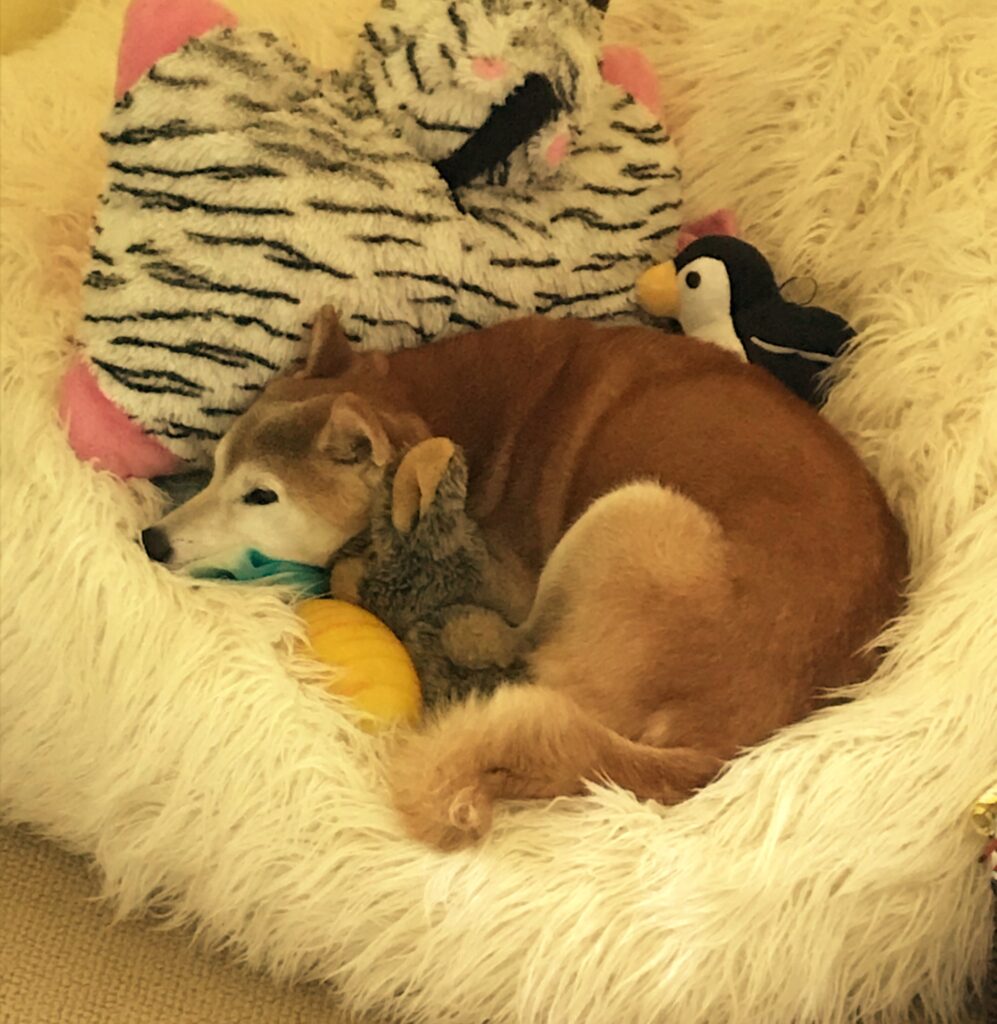
I see my mood reflected in the behavior of the creatures around me. When I find my elderly dog curled up and surrounded by stuffed animals in our daughter’s shaggy beanbag chair, I tiptoe away quietly. I hope his old bones are finding the comfort and consolation they need. I wish I could join him, but he wouldn’t allow it. My perfect pandemic dog is a social distance snuggler, unless there’s a chance of thunder.
When I discovered a tiny frog sheltering in a bright yellow chrysanthemum on our front porch steps, I tried not to disturb the little fellow. As I spotted him beneath a bloom while watering the plant, he opened one eye cautiously but remained perfectly still. I checked again later, quietly, and saw that he appeared to be asleep again. I hope he was able to enjoy his leafy nest for as long as he liked. And when I see the blue-tailed skinks basking on the warm flagstone of our patio, I tread lightly. These little lizards need their place in the sun, just as we all do.
As this year remains mired in the messy muck of tragedy, I long to cocoon myself in a cozy refuge. To hibernate for as long as necessary. At least until mid-November. And dream of emerging into the light of a more hopeful world.
The Ramones said it well:
Nothing to do, nowhere to go, oh
Bam-bam-bambam bambam-bam-bambam, I wanna be sedated.

